Schools of Anthias are one of the most vibrant sights on a coral reef and are highly desired in the marine aquarium....
-
Bettas
-
- Cichlid
- Freshwater Angelfish
- Barbs
-
Bettas
- Catfish
- Bichir
- Danios and Minnows
- Discus
- Gouramis
- Hatchets
- Larger Catfish
- Loaches
- Mollies
- Platies
- Plecostomus
- Rainbowfish
- Rasboras
- Sharks
- Suckermouth Catfish
- Swordtails
- Tetras
- Misc. Fish
- Freshwater Snail
- Frog
- Algae Eater
- Archerfish
- Arowana
- Bushfish
- Cory Catfish
- Elephantnose Fish
- Foxfish
- Glassfish
- Freshwater Goby
- Brackishwater Fish
- Pufferfish
- Snakehead
- Axolotl
- Dollerfish
- Crab
- Freshwater Shrimp
- Goldfish
- Koi Fish
-
Guppy
- Killifish
- Pencilfish
-
Marine
- Tangs
- Triggerfish
- Wrasse
- Damselfish
- Anglers and Frogfish
- Anthias Fish
- Basslets
- Blennies
- Boxfish
- Butterflyfish
- Cardinalfish
- Chromis
- Clownfish
- Dartfish
- Dottybacks
- Dragonets
- Eels
- Filefish
- Foxface and Rabbitfish
- Gobies
- Groupers
- Hawkfish
- Lionfish
- Pipefish
- Puffers
- Scorpions
- Seahorses
- Miscellaneous Fish
- Cucumbers
- Shrimp
- Snails
- Urchins
- Cephalopods
- Angelfish
- Crab
- Starfish
- Sea Slugs
- Sweetlips
- Octopus
- Fan Worms
- Bannerfish
-
Food
Latest posts
-
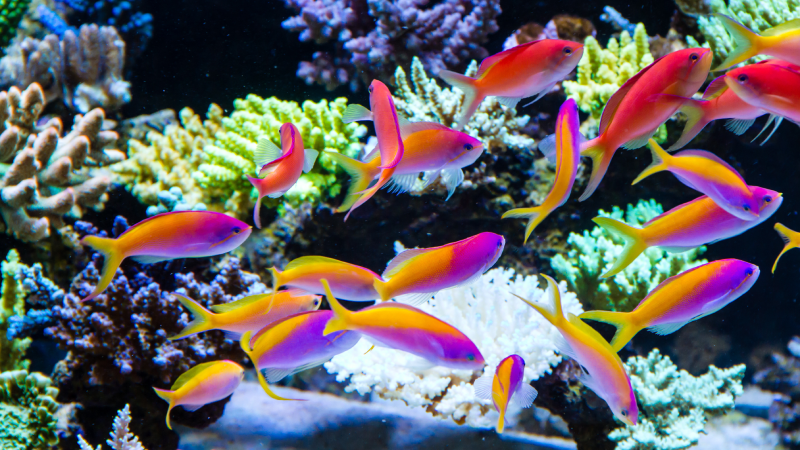 A Guide to Long-Term Anthias Success: Creating the Ideal HabitatRead more
A Guide to Long-Term Anthias Success: Creating the Ideal HabitatRead more -
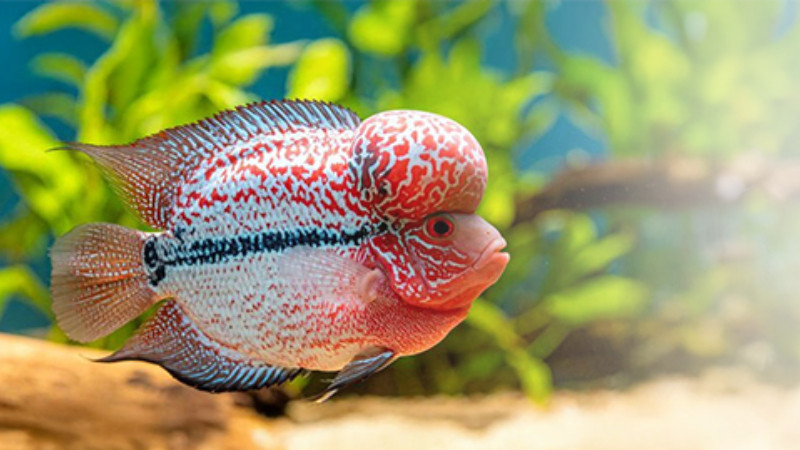 Journey of the Purple Tang09/15/2025Read more
Journey of the Purple Tang09/15/2025Read moreThe Man-Made Marvel: Tracing the Origins of the Flowerhorn Cichlid
-
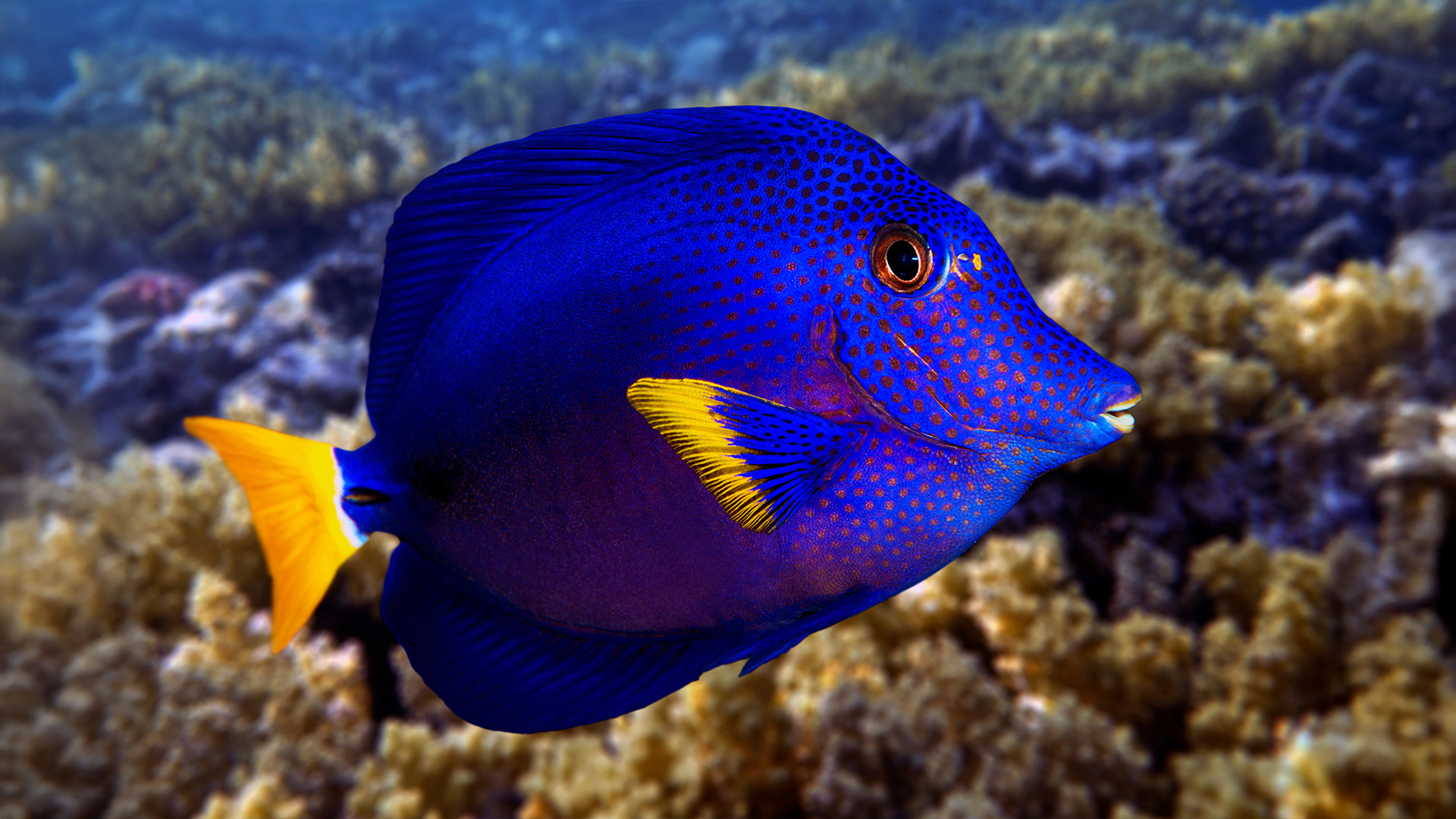 From the Red Sea to Your Store: The Journey of the Purple Tang08/31/2025Read more
From the Red Sea to Your Store: The Journey of the Purple Tang08/31/2025Read moreThe Purple Tang, Zebrasoma xanthurum, is one of the most recognized fish in the marine aquarium trade. Its vibrant...
-
 TFI's SuperZoo 2025 Recap08/25/2025Read more
TFI's SuperZoo 2025 Recap08/25/2025Read moreTropical Fish International was proud to showcase an exemplary event at SuperZoo 2025 Las Vegas. This event marks a...
-
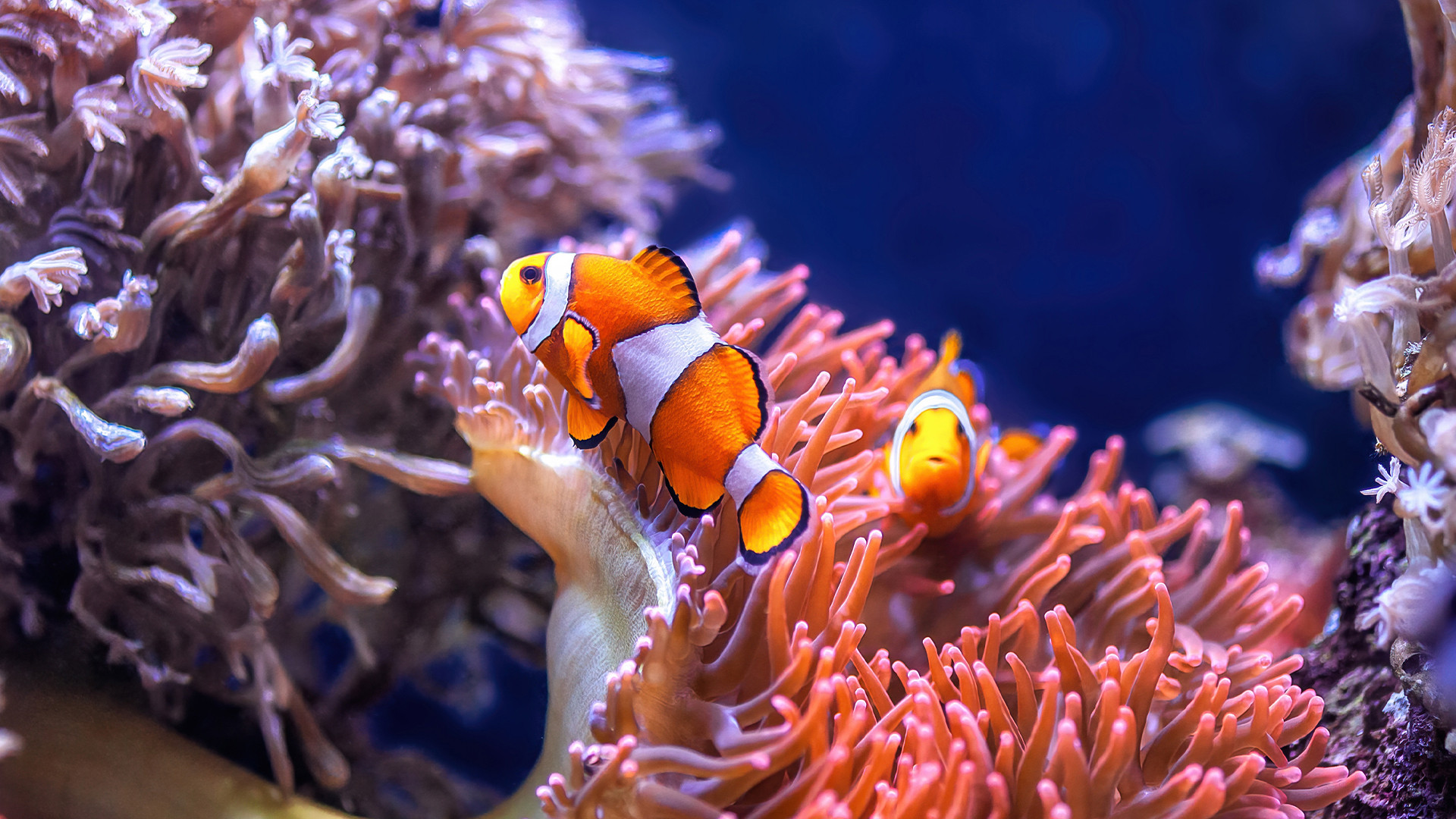 Strategic Pairing Guide: High-Yield Clownfish - Anemone Combinations07/28/2025Read more
Strategic Pairing Guide: High-Yield Clownfish - Anemone Combinations07/28/2025Read moreThe iconic relationship between a clownfish and its host anemone represents a significant and consistent revenue...
-
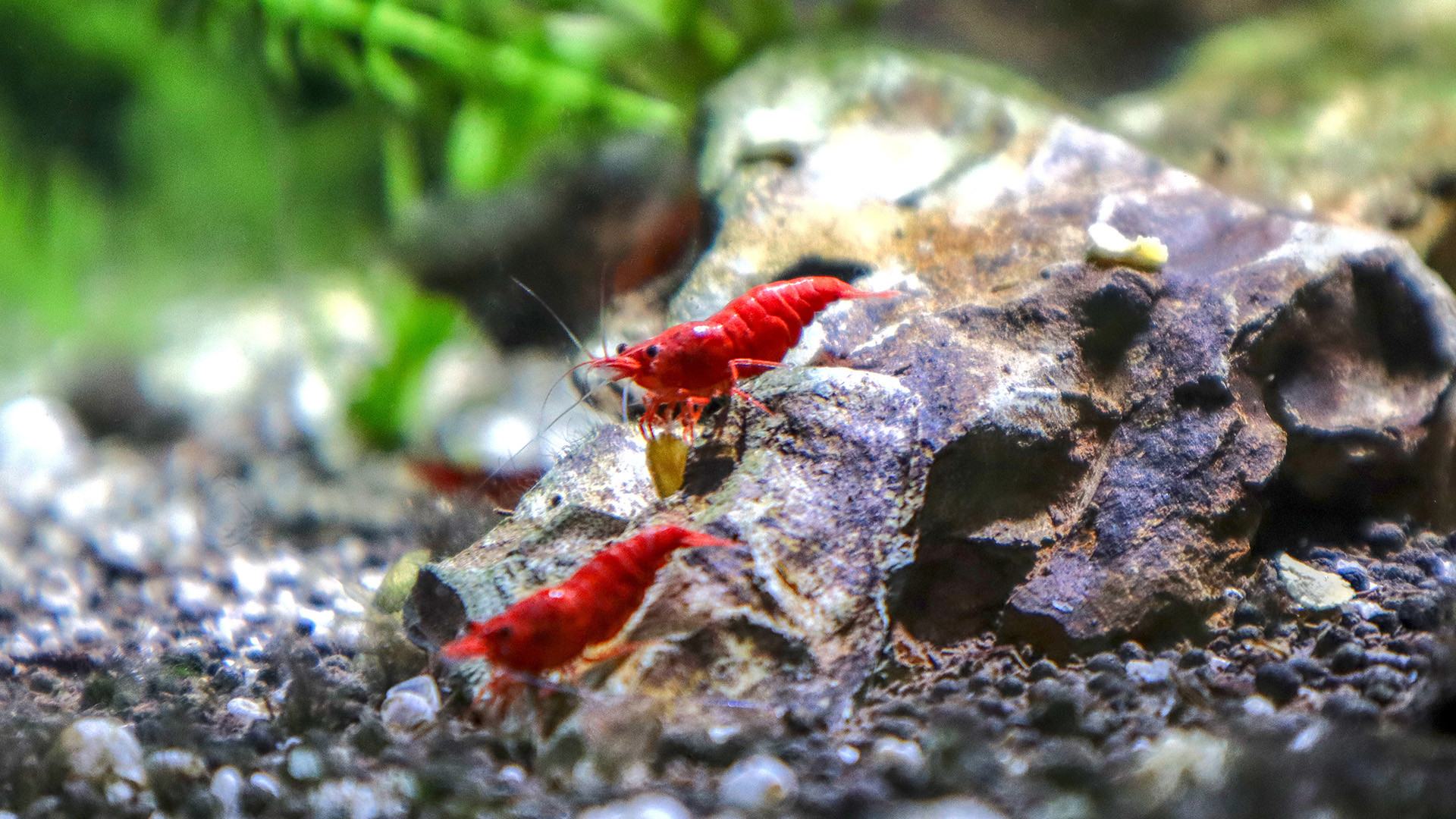 Guide to Maximizing Revenue with High-Margin Shrimp Habitat Products07/22/2025Read more
Guide to Maximizing Revenue with High-Margin Shrimp Habitat Products07/22/2025Read moreFor the modern retailer, every dwarf shrimp sale represents a golden opportunity to move beyond low-margin livestock...
-
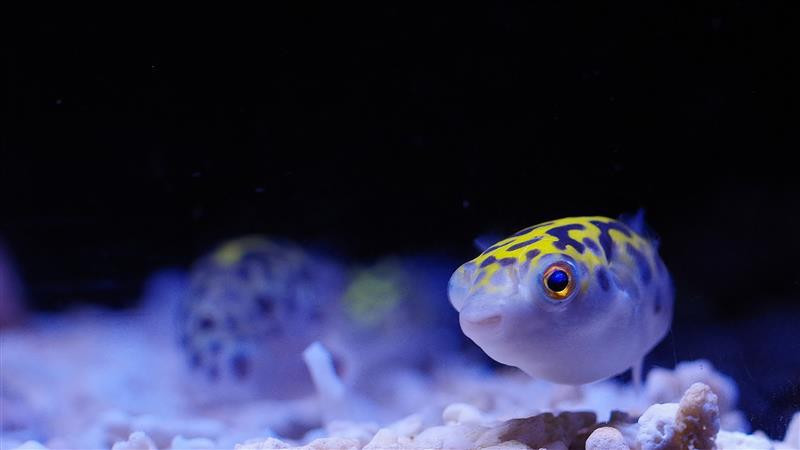 The Professional's Guide: How to Safely Convert Brackish Fish to Freshwater07/14/2025Read more
The Professional's Guide: How to Safely Convert Brackish Fish to Freshwater07/14/2025Read moreWhat if you could offer your customers fish with the exotic appeal and unique personalities of marine species, but...
-
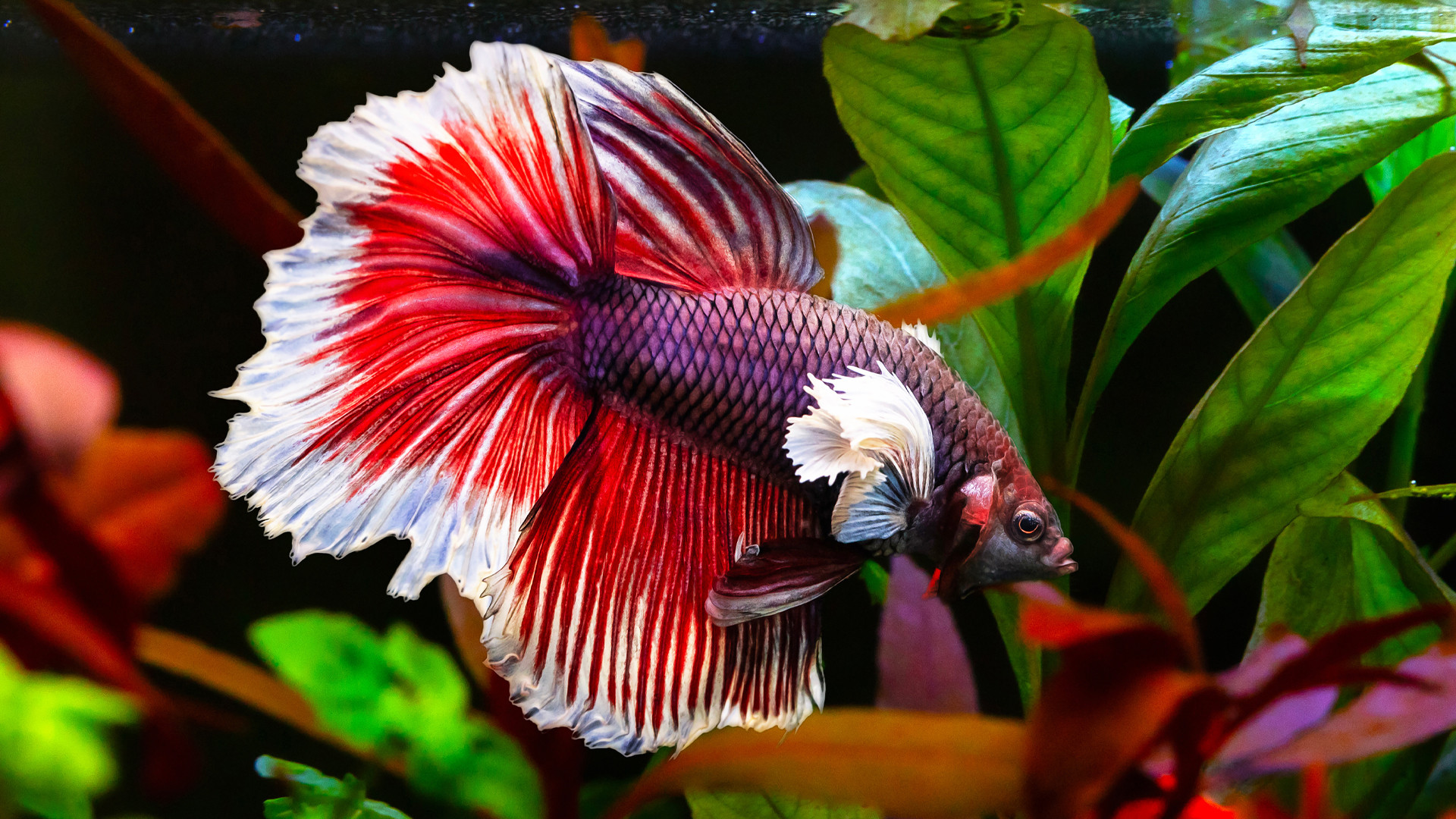 Stocking for Success: Best-Selling Betta Varieties for Your Betta Rack07/07/2025Read more
Stocking for Success: Best-Selling Betta Varieties for Your Betta Rack07/07/2025Read moreThe Betta rack is more than just a display; it is a primary customer gateway and a critical, high-turnover profit...
-
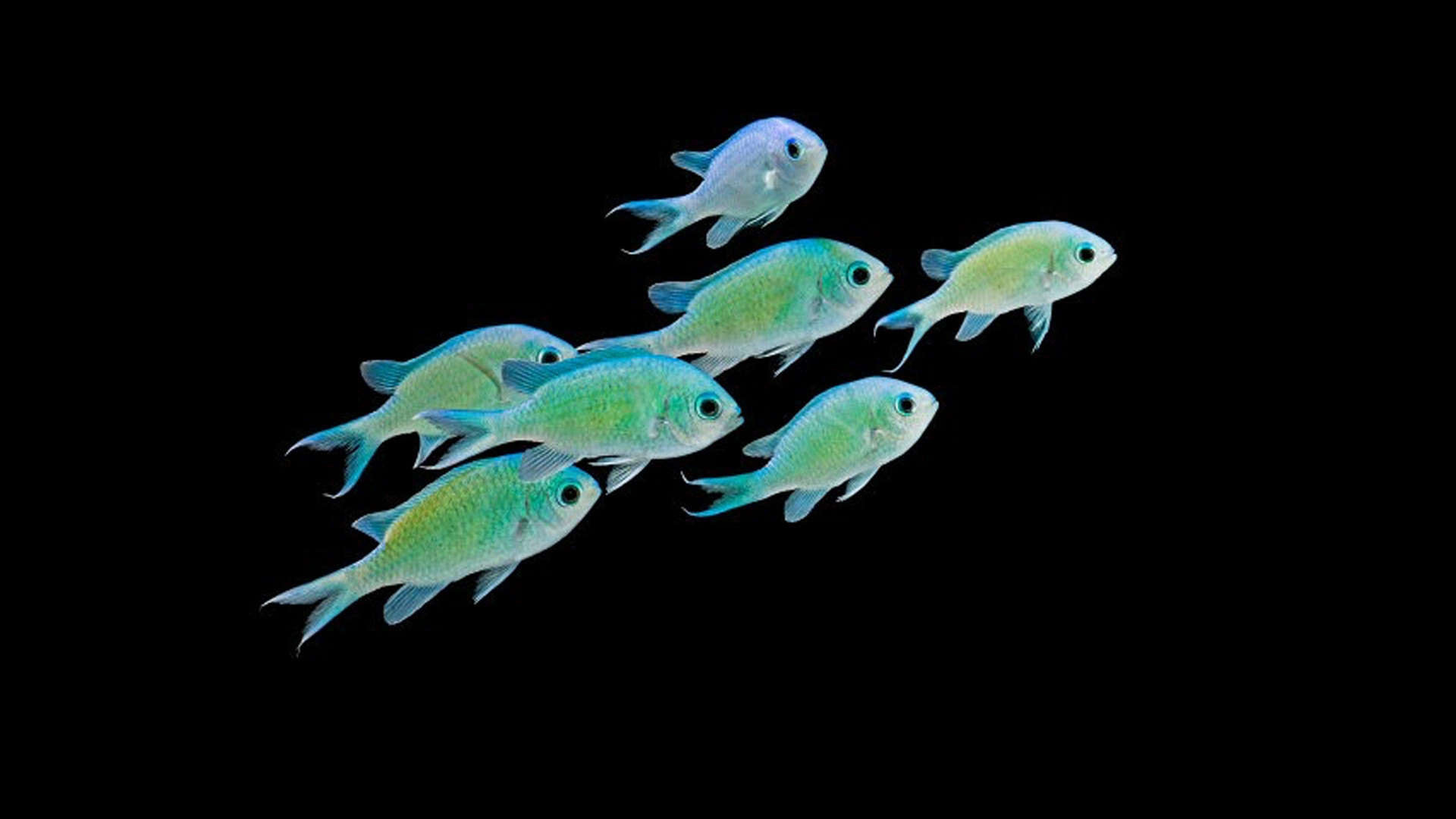 How to Create the Ideal Habitat for Red Sea Green Chromis for Long-Term Schooling Success06/30/2025Read more
How to Create the Ideal Habitat for Red Sea Green Chromis for Long-Term Schooling Success06/30/2025Read moreThe Green Reef Chromis, Chromis viridis, is a cornerstone of the marine aquarium trade. Its electric green-blue...
-
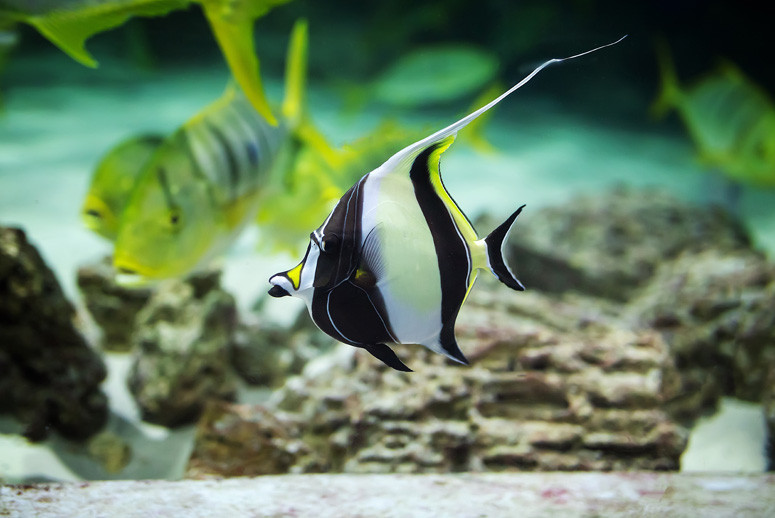 A Practical Guide to Acclimating Moorish Idols & White Bannerfish06/23/2025Read more
A Practical Guide to Acclimating Moorish Idols & White Bannerfish06/23/2025Read moreEvery fish in every tank is an investment. In a business of tight margins, a DOH or a fish that succumbs to stress in...
Blog categories
Search in blog
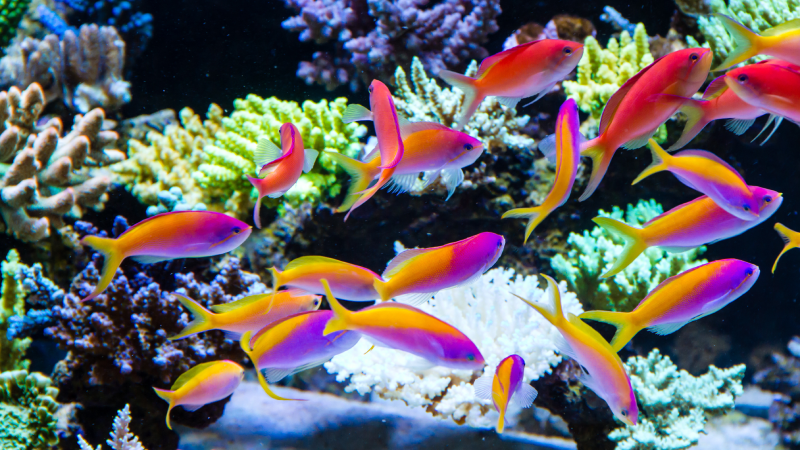
A Guide to Long-Term Anthias Success: Creating the Ideal Habitat
Schools of Anthias are one of the most vibrant sights on a coral reef and are highly desired in the marine aquarium. Species like the Lyretail Anthias (Pseudanthias squamipinnis), the Dispar Anthias, and the Red Fairy Anthias (Pseudanthias dispar) add brilliant color and activity to any display. However, these fish have earned a reputation for being difficult to keep successfully for long periods. This difficulty is almost always the result of an improper environment. This guide will provide clear, practical steps for creating a habitat that meets the specific needs of Anthias, leading to a healthy, active, and long-lasting school.
The Foundation: Social Structure
Before setting up the aquarium, it is important to understand the social behavior of Anthias. In nature, they live in large groups with a distinct harem structure. A single, dominant male presides over a group of females. If the male is lost, the largest and most dominant female will change sex and take his place. For the aquarium, it is best to mimic this structure by keeping one male with a group of several females. Keeping multiple males in all but the largest of tanks will lead to constant fighting and stress.
Tank Size and Aquascape
Adequate space is essential for a peaceful group of Anthias. A larger aquarium provides more territory and reduces aggression between females. The aquascape should be built to provide a sense of security. Abundant live rock with many complex caves, crevices, and overhangs is necessary. The fish will use these areas to rest at night and to retreat when they feel threatened. It is equally important to provide a large, open swimming area above and in front of the rockwork. This open space will allow the fish to school and feed in a natural manner.
Mimicking the Reef: Water Flow
Anthias come from areas of the reef with strong and consistent water movement. They are planktivores that spend their days in the water column, swimming against the current to catch food particles. To replicate this, the aquarium should have strong water flow. Use multiple powerheads or wavemakers to create a broad, steady current throughout the open areas of the tank. This encourages natural exercise and helps keep food suspended in the water longer during feeding time.
The Most Critical Factor: Feeding
The primary reason Anthias fail to thrive in an aquarium is starvation. This point cannot be overstated. These fish have an extremely high metabolism from their active lifestyle and require a constant supply of food. A single daily feeding is not enough to sustain them long-term.
To ensure success, Anthias must be fed multiple small meals throughout the day, with a minimum of three feedings being essential. The diet should consist of high-quality, small-particle frozen foods. A varied mix of enriched brine shrimp, mysis shrimp, calanus copepods, and other marine plankton preparations is ideal. A healthy Anthias should have a gently rounded belly, not a pinched or flat stomach. For retailers, ensuring this frequent feeding schedule in holding systems is the single most important step to providing healthy, robust stock to customers.
Water Quality and Suitable Tank Mates
The required heavy feeding schedule places a significant load on the filtration system. A powerful protein skimmer and a consistent maintenance routine are necessary to keep water quality high and nitrate levels low. When choosing tank mates, select peaceful fish that will not bully the Anthias or aggressively outcompete them for food. Slower, more deliberate feeders are often poor tank mates for an active school of Anthias.
In summary, the keys to keeping a thriving school of Anthias are providing a proper social group, a large tank with complex rockwork, strong water flow, and a strict schedule of frequent feedings. By meeting these specific needs, retailers can transform these delicate fish into a hardy and beautiful centerpiece for any marine aquarium.
To inquire about our current stock of healthy and well-conditioned Anthias, please contact our sales team.
sales@etropicalfish.com
Related posts
-
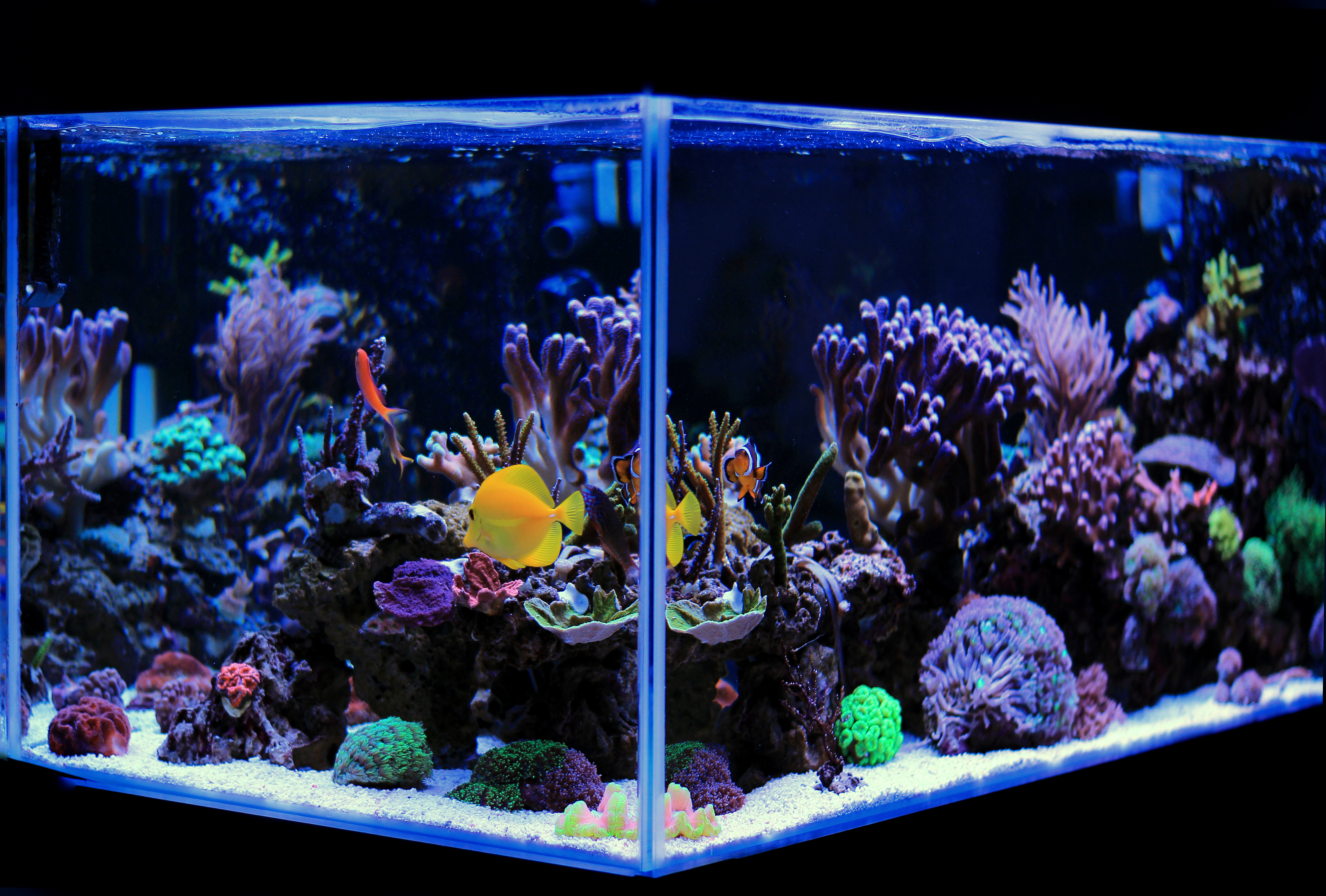 A Beginner's Guide to Setting Up Your First Aquarium
Posted in: Educational08/20/2024This beginner's guide provides a comprehensive overview of setting up your first aquarium, covering essential topics...Read more
A Beginner's Guide to Setting Up Your First Aquarium
Posted in: Educational08/20/2024This beginner's guide provides a comprehensive overview of setting up your first aquarium, covering essential topics...Read more -
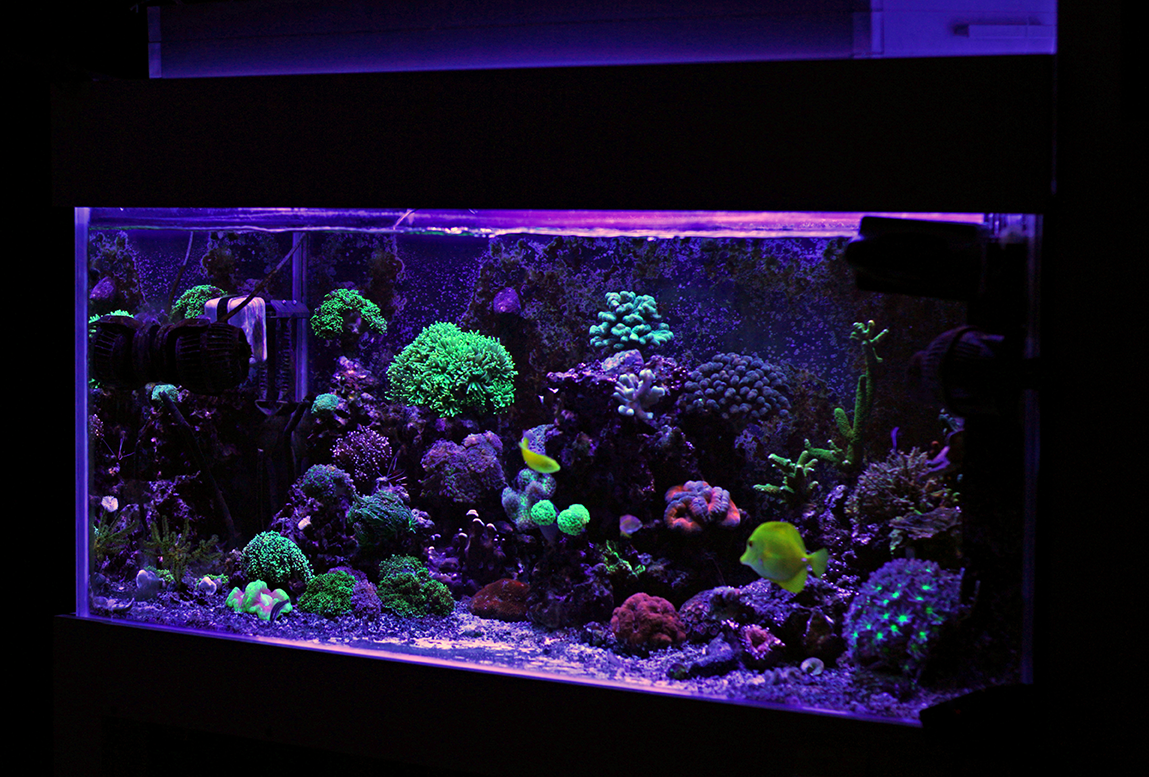 The Role of pH and Water Quality in Fish Health
Posted in: Educational08/25/2024This article delves into the critical role of pH and water quality in maintaining fish health within aquariums and...Read more
The Role of pH and Water Quality in Fish Health
Posted in: Educational08/25/2024This article delves into the critical role of pH and water quality in maintaining fish health within aquariums and...Read more -
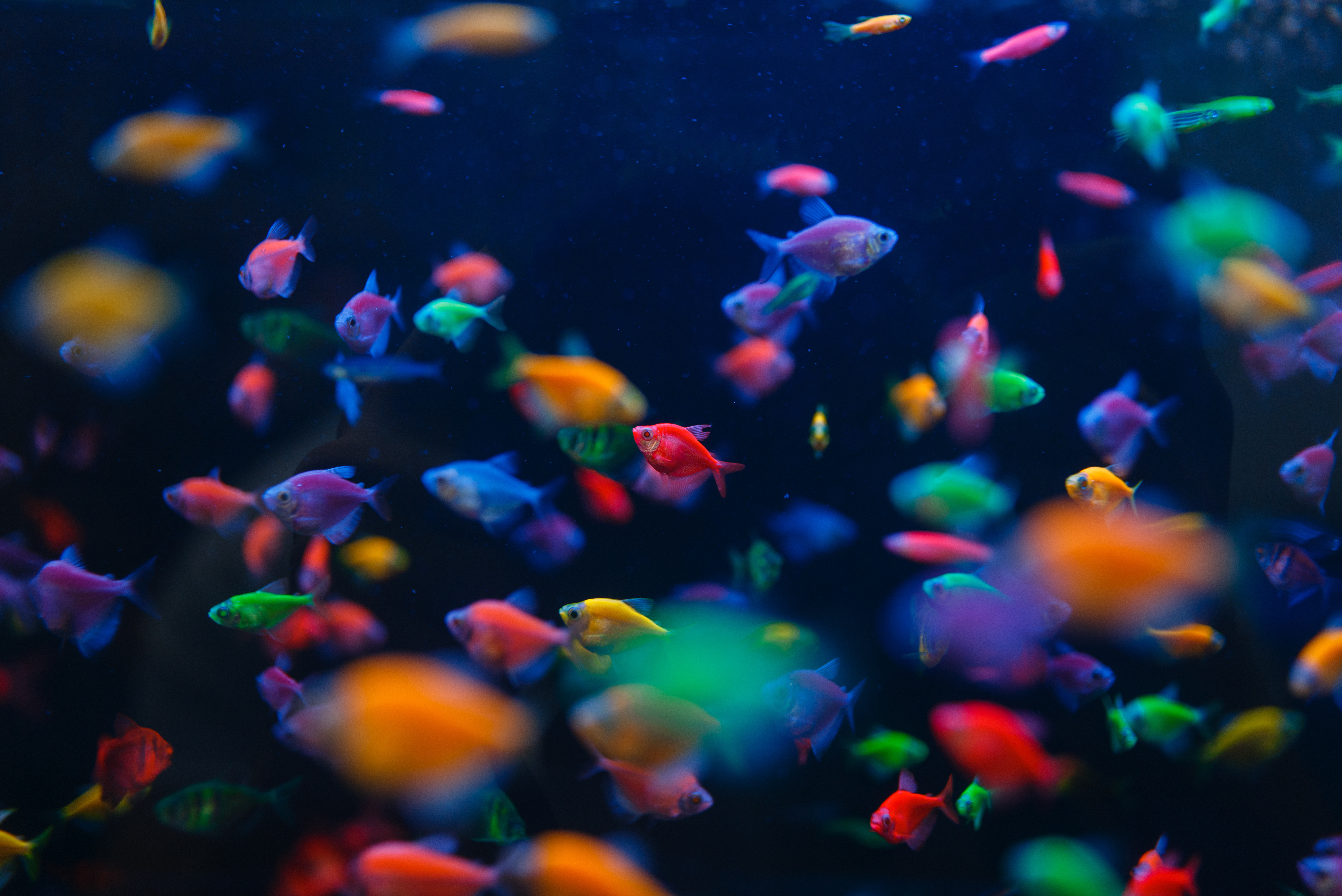 The Science of Water Chemistry: Maintaining a Healthy Aquarium Environment
Posted in: Educational09/10/2024This article explores the critical role of water chemistry in maintaining a healthy and thriving aquarium. It covers...Read more
The Science of Water Chemistry: Maintaining a Healthy Aquarium Environment
Posted in: Educational09/10/2024This article explores the critical role of water chemistry in maintaining a healthy and thriving aquarium. It covers...Read more -
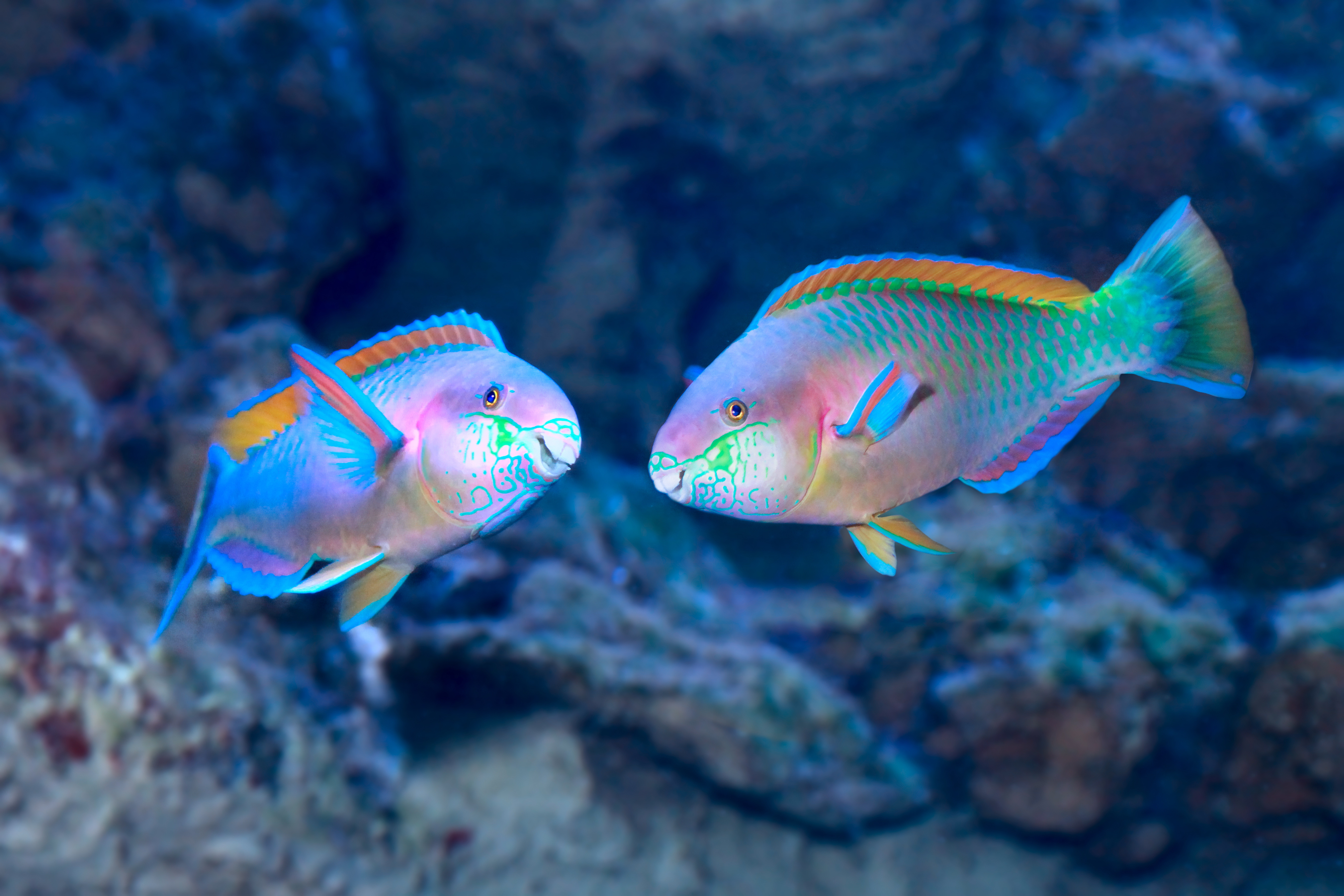 The Parrotfish: Guardians of Coral Reefs and Creators of Pristine Beaches
Posted in: Educational10/02/2024Parrotfish play a vital role in preserving coral reefs by controlling harmful algae and contributing to the creation...Read more
The Parrotfish: Guardians of Coral Reefs and Creators of Pristine Beaches
Posted in: Educational10/02/2024Parrotfish play a vital role in preserving coral reefs by controlling harmful algae and contributing to the creation...Read more -
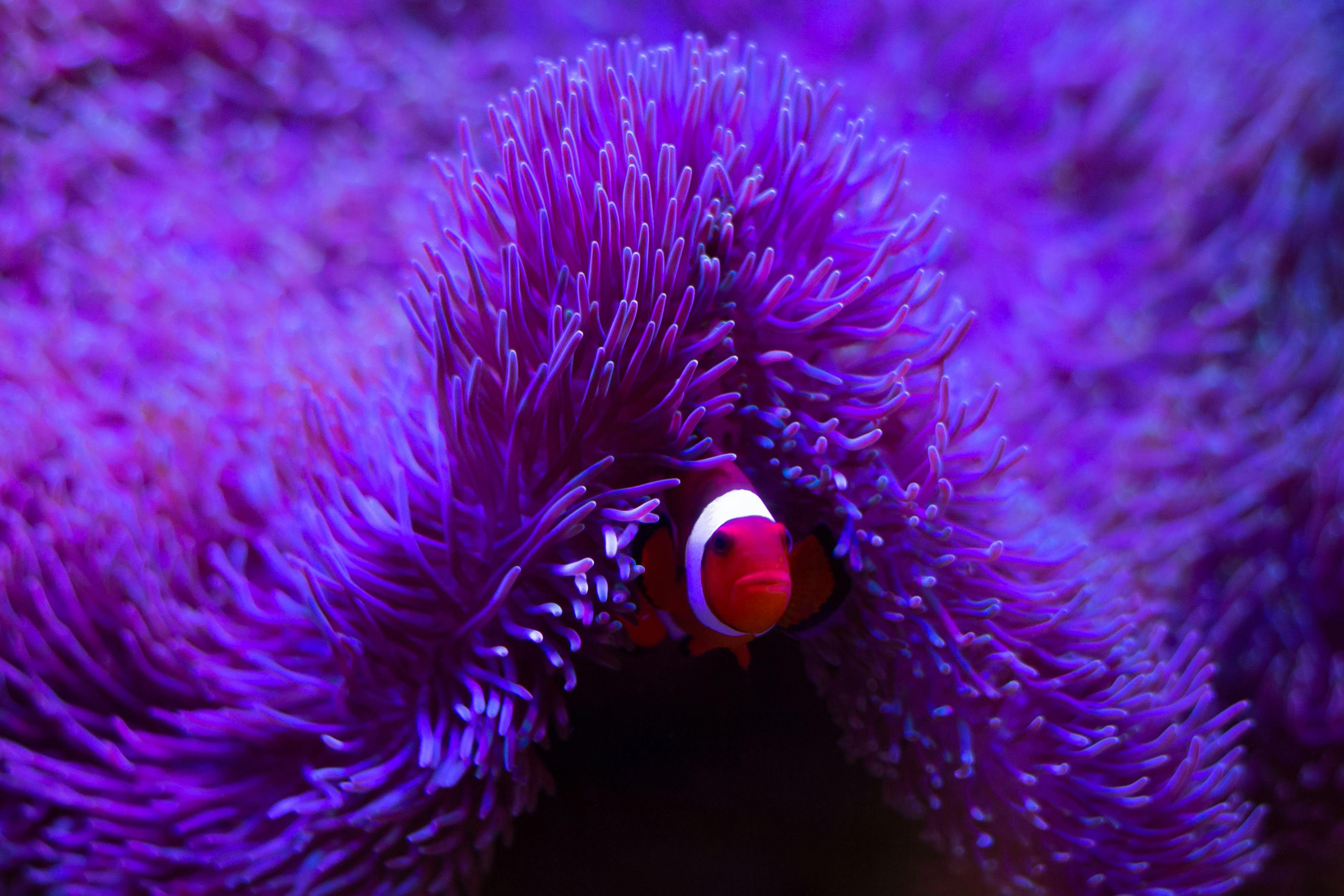 Understanding Fish Behavior: What Your Fish Are Trying to Tell You
Posted in: Educational10/15/2024Ever wondered what your fish are thinking? Dive into the fascinating world of fish behavior to understand their...Read more
Understanding Fish Behavior: What Your Fish Are Trying to Tell You
Posted in: Educational10/15/2024Ever wondered what your fish are thinking? Dive into the fascinating world of fish behavior to understand their...Read more

Leave a comment